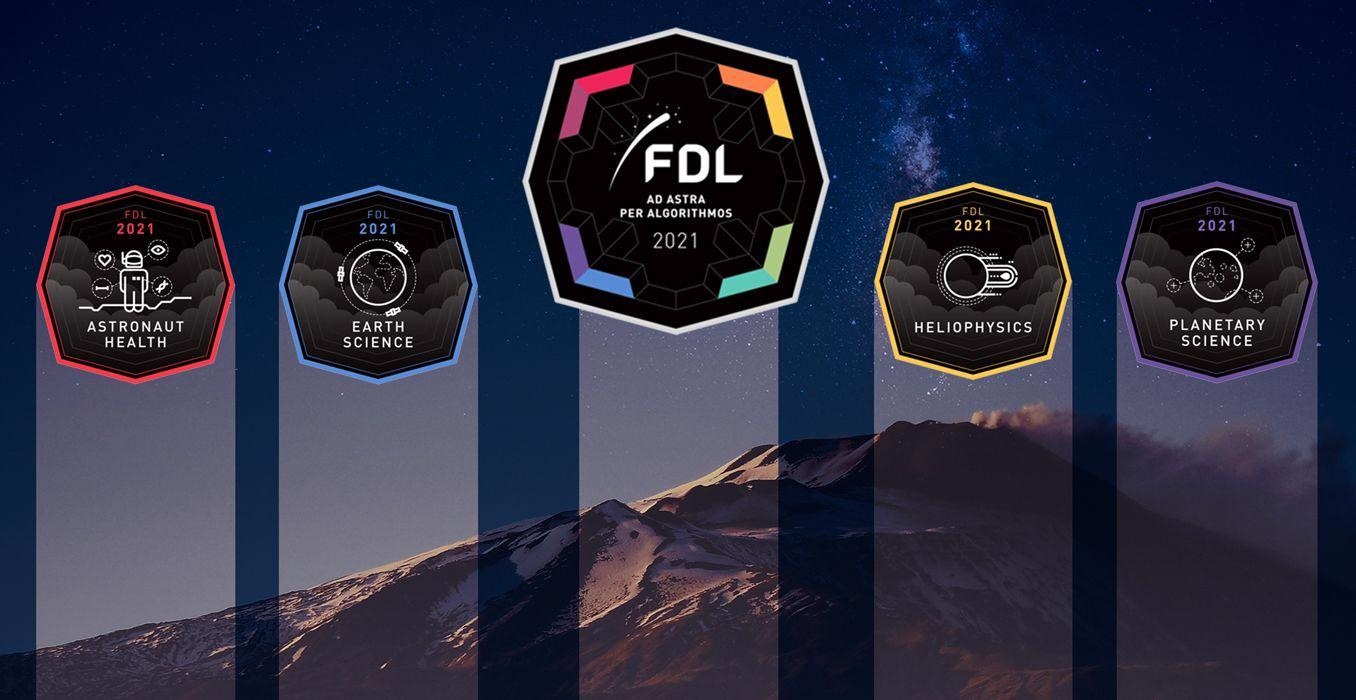Reviewed by Alex SmithAug 27 2021
Frontier Development Lab (FDL) in association with SETI Institute, NASA, and private sector collaborators such as Google Cloud has been striving for the advancement of space and Earth science using the latest Artificial Intelligence (AI) and machine learning (ML) tools.

Image Credit: SETI Institute.
FDL addresses knowledge gaps in space science by collaborating ML experts with scientists in astronomy, physics, planetary science, astrobiology, Earth science, and space medicine. The researchers used Google Cloud compute resources and expertise from 2018, particularly AI/ML technology, to overcome difficulties in fields such as lunar exploration, astronaut health, heliophysics, exoplanets, climate change, and disaster response.
FDL has successfully increased the ML pipeline by over 700 times in the past five years, with support from compute resources offered by Google Cloud. This enabled discoveries and better insights into the Earth, the solar system, and the universe.
Throughout this period, Google Cloud’s Office of the CTO (OCTO) has offered ongoing strategic guidance to FDL researchers on ways to optimize AI/ML, and also on methods to employ compute resources most efficiently.
The FDL successes using Google Cloud’s investment include the following:
- Supporting clinicians to learn the casual aspects of a target cancer in a way that respects the privacy of patients.
- Allowing researchers to trace NASA’s petascale archives of data with no human labels
- Enabling lunar scientists to look into the permanently shadowed craters of the lunar poles to assist NASA to develop traverse plans for human and robotic exploration
- To update U.S. hydrology maps daily to support U.S. Geological Survey to learn the U.S. water supply to draft better predictive models for floods and droughts
- Supporting astrophysicists to survey the starspots on faraway stars to assess their suitability for life
Unfettered on-demand access to massive super-compute resources has transformed the FDL program, enabling researchers to address highly complex challenges across a wide range of science domains, advancing new knowledge, new discoveries and improved understandings in previously unimaginable timeframes. This program, and the extraordinary results it achieves, would not be possible without the resources generously provided by Google Cloud.
Bill Diamond, President and CEO, SETI Institute
“When I first met Bill Diamond and James Parr in 2017, they asked me a simple question: ‘What could happen if we marry the best of Silicon Valley and the minds of NASA?’. That was an irresistible challenge,” stated Scott Penberthy, Director of Applied AI at Google Cloud.
We at Google Cloud simply shared some of our AI tricks and tools, one engineer to another, and they ran with it. I’m delighted to see what we’ve been able to accomplish together—and I am inspired for what we can achieve in the future. The possibilities are endless.
Scott Penberthy, Director of Applied AI, Google Cloud
The FDL utilizes AI technologies to extend the frontiers of scientific research and design new tools to resolve some of humanity’s biggest difficulties. The FDL teams include doctoral and post-doctoral researchers employing AI or ML models to address significant challenges.
Cloud-based super-computer resources imply that the FDL teams obtain results in eight-week research time, which would not be possible with year-long programs using traditional compute capabilities.
High-performance computing is normally constrained due to the large amount of time, limited availability and cost of running AI experiments. You’re always in a queue. Having a common platform to integrate unstructured data and train neural networks in the cloud allows our FDL researchers from different backgrounds to work together on hugely complex problems with enormous data requirements—no matter where they are located.
James Parr, Director, Frontier Development Lab
Better integration of ML and science is the founding cause and objective of FDL’s collaboration with Google Cloud. ML is specifically powerful for space science when coupled with the physical understanding of a problem space.
The known gap and collated data are interesting boundaries for discovery and something that AI/ML and cloud technology can revolutionize.
Besides Google Cloud, FDL is financially supported by collaborators including Lockheed Martin, Intel, Luxembourg Space Agency, MIT Portugal, Lawrence Berkeley National Lab, USGS, Microsoft, NVIDIA, Mayo Clinic, Planet, and IBM.